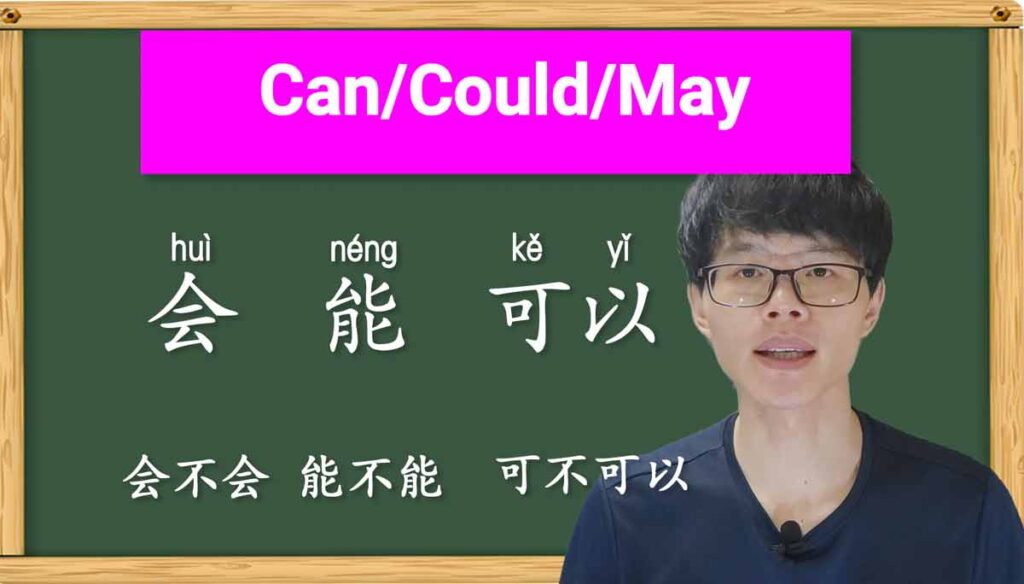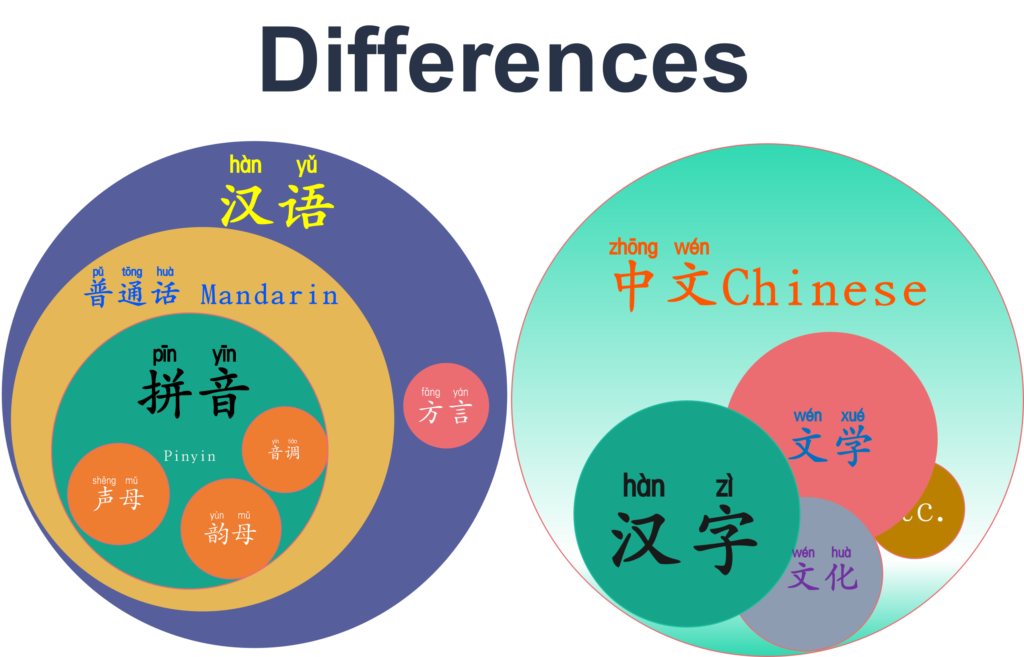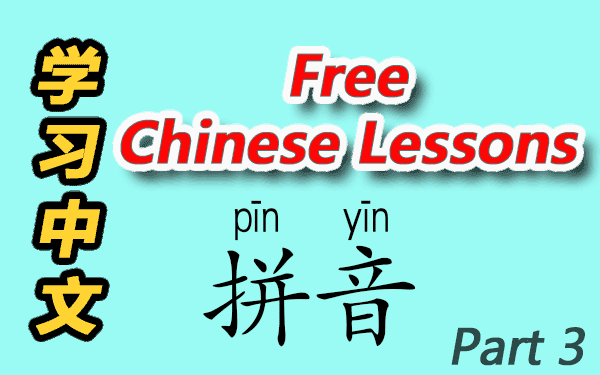With the development of China’s economy. And made-in China products getting popular in the world. There are many people want to know more about Chinese language. Today I will show you the basic greetings in Chinese. The ways of say “Hi” in Chinese is so difference from other countries. And most people are confused about that. Let me show you the ways of greetings in Chinese and explain to you. Following ways to say Hi in Chinese including regular friends, strangers, best friends, formal and informal way of greetings.

1. 你好 / 您好 (Hello / how do you do)
This is the most common and basic greeting in Chinese. Mostly used between unfamiliar friends or strangers. And it’s the greeting for business or working place. if for business purpose, then you should use more formal way to say “Hi” in Chinese, that is 您好. The Chinese word 您 and 你 both means you, but 您 is more polite and formal. Besides, if you’re greeting elder people, you should use 您 instead of 你. You may want to know can I use 你好 between best friends. Well, I don’t recommend. If you use 你好 to greet your best friends, then it will make your friendship sounds like not that good enough. So don’t use 你好 or 您好 to say hello to someone who you are already familiar with.
2. 你们好 / 您们好 (Hello guys / how do you guys do?)
As you can see, there’s an extra word “们” in “你好”. What dose 们 means in Chinese. I don’t know you read my other Chinese lessons or not. I said there’s hug differences grammar between English and Chinese. In Chinese, there’s no plural or singular specifically. Like, “friend” and “friends” in Chinese they are all the same words “朋友”. Then how do I know it’s singular or plural ? Then we will use extra words to describe. For example, “one friend”, “two friends”, the num. already told you that’s singular or plural. Besides, there’re some words for describe singular and plural. Like this word “们”. This word “们” following the personal pronoun. Then it means plurals. So now, you will understand “您们好” or “你好” literally means “Hello, guys”.
NOTE: Most beginner of Chinese learners, just literally translated “how do you do?” into Chinese “你好吗?” . Maybe your Chinese teacher also teach you “How do you do? “= “你好吗?”. Well, I gotta say, that’s wrong !!! That’s not how we say “Hi” or greeting to Chinese. Why? the word “吗” is a question word. If you say “你好吗?” . It implies you are greeting to someone who might be hurt by something or someone, or they are not feeling well. So if you just want to say “Hi” or “Hello” to Chinese, don’t use this out of date phrases “你好吗?” . That is so weird!!! Keep that in mind.
3. 大家好 (Hello, guys)
This is another way to say “Hello, guys”. You don’t want to say hi to each one, you can simply say “大家好”. “你们好” and “大家好” both means “Hi, guys” . There’s specific differences. They all can be used in formal and informal places.
4. 早 (Morning)
Yeah, you don’t need to say good morning, you can just say morning. And this is widely used on working places. When you’re waiting for the lift / elevator in the morning, you can say “早” to anyone, even someone you don’t know. It’s simple but effective, it not only shows your courtesy but also give people’s good feeling the whole day. Sometimes, just say “早” will make people feel more comfortable, especially for strangers or someone you don’t familiar with.
5. 早上好 (Good morning)
The phrase “早上” means “Morning” in English. And “好” means “Good” in Chinese. So put them together, it means good morning. Which is very easy to understand. So you just need to say “早上好” when you try to greeting someone in the morning
6. 下午好 (Good afternoon)
If you want to say Hi / Hello to someone at noon, then you can say “中午好” in Chinese. The words “中午” in Chinese means “afternoon”. “好” means “Good”. What is I want to greet someone at noon? Then you can use the next one, which is the well-known to foreigners.
7. 你吃了吗 (Have you eaten yet)
Does “你吃了吗” is a greeting way of Chinese? Yes! However, it’s not used so widely as you know. But, it might be the top one answer of how to say “hi” in Chinese. But I need to correct it a little bit.
Why Chinese use “Have you eaten 你吃了吗” to say “Hello”?
Let me tell you why. And how to use it to avoid embarrassing.
- Food is the most important thing for people (Food is the god).
- Early days of the founding of the people’s Republic of China, food was precious and many people suffered from hunger.
So eating is a big thing for Chinese. Nothing can be compared to eating. Having a good day or bad day that’s all depends on eaten or being starved. So “have you eaten” is used till today. However, China is getting better and better, stronger. Nobody is worried about food problems. Thanks for Chinese hard-working and this great man, Yuan longping .
So now, you can understand why Chinese use “Have you eaten yet?” as for greeting. But, you should know that you should say it when the right time. It has to be about eating time. You can say “你吃了吗” in the afternoon. That’s so weird and embarrassing. Besides, fewer people will use “你吃吗” to say “hello” in Chinese nowadays. But old people will still use that. In short, “Have you eaten 你吃了吗” is not popular and widely used as you think and you saw on the internet, that’s a little bit outdated. If you do need to use, always use it when the right time. The time is about breakfast, dinner and lunch time. Otherwise, never use this as for greeting Chinese.
8. 晚上好 (Good evening)
“晚上” means “Night or evening”. As you can see, no matter it is good morning, good afternoon, or good evening, you should say it when the time matching. Besides, few people will say “Good afternoon and Good evening” when you meet someone. But, people definitely will use “Good morning” often. If you’re chatting someone online then, “Good morning”, “Good afternoon” and “Good evening” are widely used.
9. 最近怎么样 (How have you been)
“How have you been 最近怎么样” is widely used to greets friends or someone you haven’t seen for a while. This phrase is used between close friends or relation. And it makes people feel warm, showing you are concerned about them.
10. 近来可好 (How are you doing)
“最近怎么样” is the same as “近来可好”. Basically, it’s a way to greet who you’re familiar with, someone you already know before.
11. 最近忙吗 (Are you busy recently)
This sentence is about asking how are you doing too. “最近忙吗” literally means “Are you busy recently?”. It is kind of private question, but Chinese peoples are really like to ask some private questions. Like, how old are you? Are you married? How is your salary? To be honest, I don’t like those questions at all, but it’s our culture. We will ask some private questions to show they are concerned about you. So if Chinese people ask those questions, please don’t feel you are offended, especially, when you are in China.
“最近忙吗” is also mainly used between someone you familiar with, sometimes, you can use it to greeting strangers too. And it should be use someone you haven’t contacted for a while.
12. 身体还好吧?
In Chinese “身体” means “body”. So this sentence is asking about “how is your body?”, It is concerning heath. Which means, it’s better to say this to old people. And it’ll be really suit perfectly to say “Hi / hello” to old people. Which shows you’re concerned about their health. Or you can use “身体还好吧?” to greet someone who are not feeling well lately. Do not greet someone who has strong body or young people. Or it could be embarrassing.
13. 好久不见 (Long time no see)
“Long time no see” is the same as you know what it is means. It’s kind of like Chiglish. “好久” means “long time”, and “不” means ” no”, 见 means ” see”. So ” 好久不见” translated into ” long time no see” exactly.
14. 老师好 / 经理好(hello, teacher/ manager)
If you know someone’s title already, then you can just say ” title”+ “好”. For example, “老师好” means “hello, teacher”, “经理好” means “hello, manager”, “老板好” means ” hello, boss”. Be careful, you can’t say this way to anyone. It mainly used for working places.
15. 要去哪里啊?(Where’re you going)
If you meet someone on the street, you can use this sentence ” 要去哪里啊?” as greeting. You don’t really care where he is going, it is just a greeting way.
The following greeting ways is the same, you don’t care what he is doing, or maybe you already what’s he doing. Already know the answer, but you still ask that question, sounds really stupid. But that’s the way of Chinese greeting.
16. 上班了啊/ 上班啦
If you meet someone at about 7-9 o’clock in the morning. Then, you can say “去上班了啊?” or “上班啦?” as greeting. Of course, you know they’re going to work, just asking as greeting.
17. 下班了啊/下班啦
Same as before, if you see someone at about getting off work time. Then you can say “下班了啊” or “下班啦” as greeting.
18. 今天天气真热啊 / 冷啊
Chinese barely use “weather” as greeting. But if the weather is really good or bad. Then we still will use “weather” as greeting way to people. You just need to say , like, “it’s scorching today 今天天气真热啊”, ” it’s cold today 今天天气真冷啊” or ” it’s beautiful day today 今天天气真不错”.
19. 嗨 (hi)
20. 嘿 (hey)
Yeah, Chinese will also just use English word ” hi” and ” hey”, and there’s matching Chinese character. I mean the pronounce is matching perfectly. “嗨”=”hi”, “嗨”=”hey”.
21. Call someone by name
If you see someone but they don’t see you or maybe see you. You can just call someone by name to draw their attention. And this is a Chinese greeting way. Mainly for someone is not by your side, they few meters away. And it’s really wide-used between best friends.
















I always said 你好吗?. I thought it’s the only way to say ‘how are you? ‘ LoL. Next time I will use ‘你好’. Thank you Silas!!!
不用客气, 有关中文的问题可以随时问我